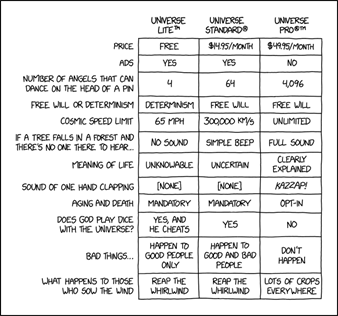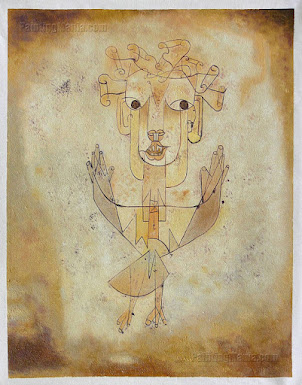God our Rock, in an ever-changing existence ~ by Kristin
As a new parent, I am already astonished at how quickly kids grow. Every month, my daughters change. I never know when we do something, if it will be the last time. But as I approach 40, I’ve come to learn that everything in life is like that…..it comes, and it goes. This can be one of the great sorrows of life. It's all too easy to base our need for fulfillment and happiness on one or more of these fleeting things. I’ll list a few below, and I’ll omit obvious categories like pleasure, wealth, and youth. Instead, I’d like to focus on the “good” things we are often encouraged to place at center. As good as these things are, they are still fleeting and insufficient as a foundation for life. Community: it’s always in flux. We experience a change in our state in life, like marriage or parenthood, and suddenly the old friend group doesn’t make sense. We get a new opportunity and move. We grow older and leave the community of our birth. Education: no matter how much we try...

.jpg)

